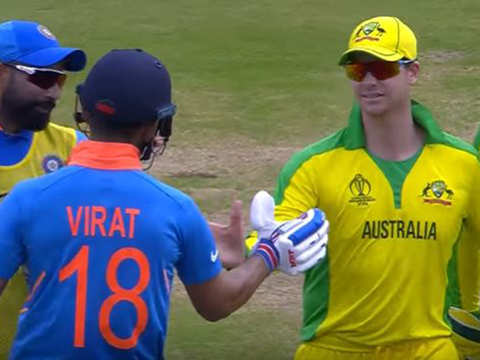Cricket, often dubbed the “gentleman’s game,” has always prided itself on its unwavering commitment to sportsmanship and fair play. Players are expected to adhere to a strict code of conduct, which includes respecting the spirit of the game. But on that fateful day in 1981, during a match between Australia and New Zealand, all notions of fair play seemed to have been discarded, leading to a moment that would forever stain the pages of cricket history.
The backdrop of this incident was an ODI (One Day International) match between the two nations. Australia, known for its formidable cricket team, was playing against the underdog New Zealand. The match was poised on a knife’s edge, with the Kiwis needing six runs to tie the game off the final ball. The tension was palpable as millions of cricket fans held their breath.
As the last ball was about to be bowled, it was Australia’s captain, Greg Chappell, who made a decision that would be etched in cricketing infamy. Instead of delivering a legitimate overarm delivery, he instructed his younger brother, Trevor Chappell, to bowl the ball underarm. This meant that the ball would roll along the ground towards the batsman, effectively eliminating any chance of it being hit for a six.
The moment the ball left Trevor Chappell’s hand, shockwaves reverberated through the cricketing world. The crowd at the stadium was left in disbelief, and the New Zealand batsman, Brian McKechnie, could only watch in dismay as his hopes of hitting a six to tie the match were extinguished.
But why did Greg Chappell resort to such an unorthodox and unsportsmanlike tactic? To understand this, we must examine the context of the match and the dynamics at play.
Firstly, the decision was strategic. At the time, underarm bowling was a legal delivery in cricket. Although it was considered unethical and against the spirit of the game, it was within the laws of cricket. Greg Chappell’s aim was clear: to prevent the batsman from hitting a six, which would have tied the match, and secure a win for Australia.
Secondly, Australia was a team under immense pressure. They were expected to win convincingly against New Zealand, but the Kiwis had put up a spirited fight. Greg Chappell’s frustration at not being able to secure a comfortable victory may have contributed to his controversial decision.
The aftermath of the underarm delivery was as contentious as the act itself. The New Zealand team and fans were understandably furious. They felt cheated and betrayed by the Australians, whom they had considered cricketing rivals and friends. The incident strained relations between the two nations and left a sour taste in the mouths of cricket enthusiasts worldwide.
The fallout was not limited to hurt feelings and damaged relations. The “Underarm Incident” led to a change in the laws of cricket. In response to the controversy, the International Cricket Council (ICC) amended the rules, explicitly banning underarm deliveries in ODIs. This change was a testament to the fact that cricket’s governing body acknowledged the need to preserve the spirit of the game and prevent such unsportsmanlike tactics in the future.
Moreover, the incident had a lasting impact on the Chappell brothers’ careers. While Greg Chappell was already a controversial figure in Australian cricket due to his confrontational style of leadership, the underarm incident further tarnished his reputation. Trevor Chappell, who was a relatively unknown cricketer at the time, found himself forever associated with this infamous act.
In conclusion, the “Underarm Incident” remains a dark chapter in cricket history—a moment when the pursuit of victory clouded the principles of fair play and sportsmanship. It serves as a reminder of the importance of upholding the spirit of the game above all else. Cricket may have had its share of controversies, but this incident stands out as one that forced the sport to confront its own values and make necessary changes to prevent such incidents in the future. As cricket enthusiasts, we can only hope that such unsportsmanlike acts remain rare exceptions in the beautiful game we love.



